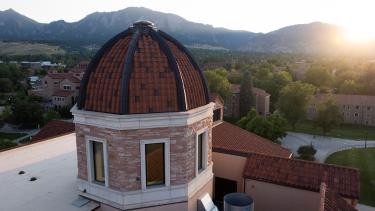- Home
- Undergraduate Programs
Undergraduate Programs
Undergraduate Academic ProgramsAdmissionsEnhance Your Experience - Graduate Programs
Graduate Programs
MBA ProgramsMS ProgramsMS in Analytics - Faculty & Research
Faculty and Research
 Faculty Directories by DivisionFaculty Insights
Faculty Directories by DivisionFaculty Insights - Alumni
Alumni
Get InvolvedAmplify Leeds StoriesSupport StudentsGive Back - Centers
- News
- About Us






